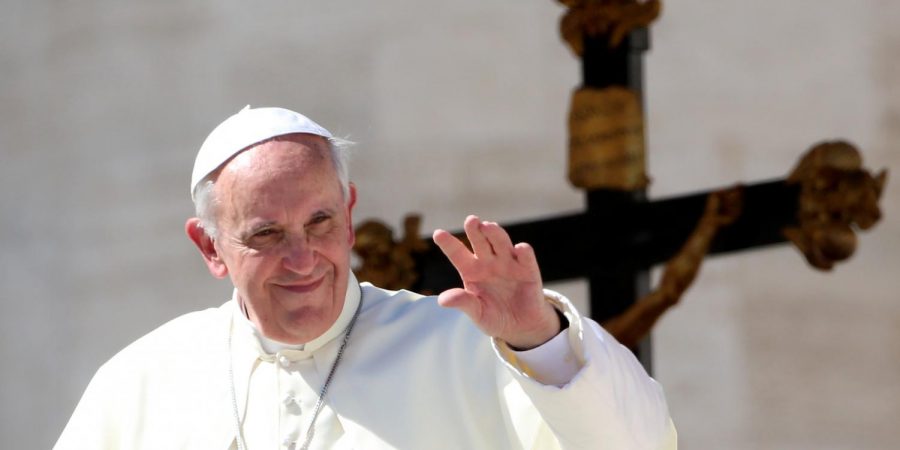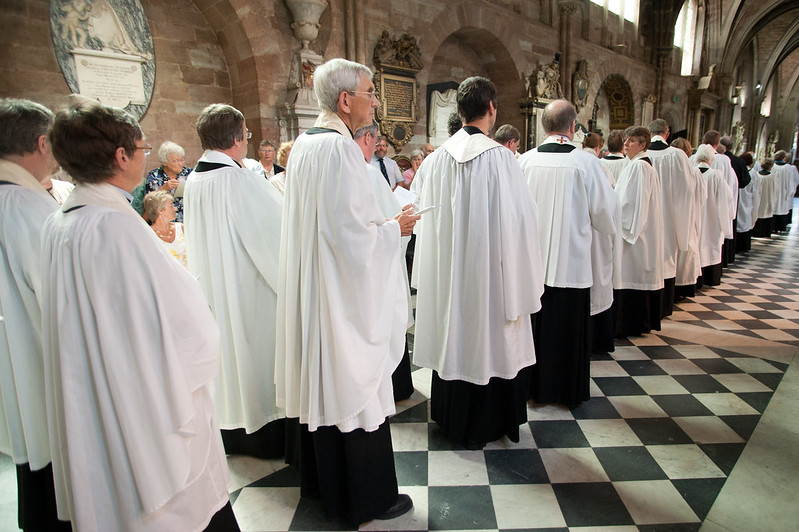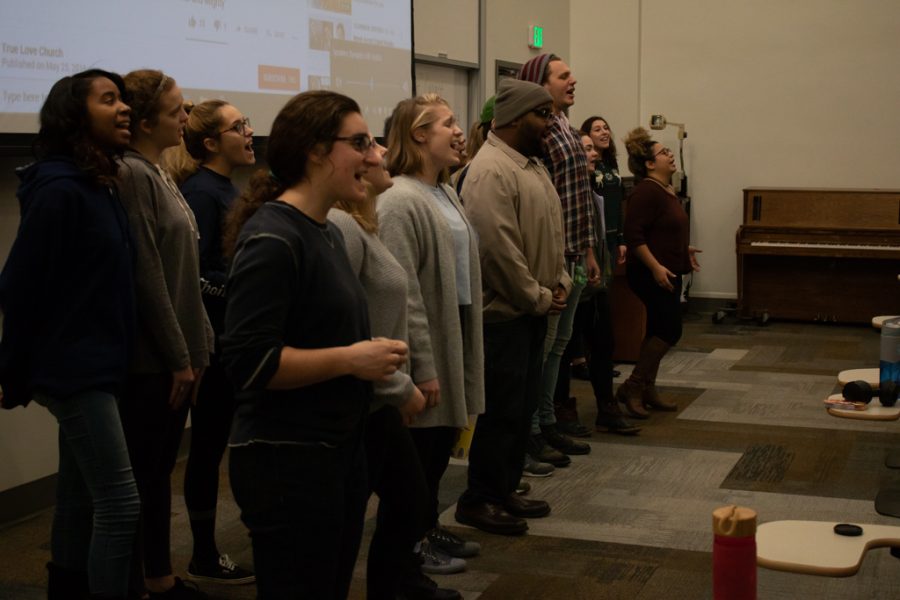Two weeks ago, Pope Francis made his first papal visit to the United States of America. It was hard to miss. In addition to the national coverage it received, our own campus ministry had a heyday. T-shirts, live coverage of the pope’s every movement, and a cardboard cutout of the pontiff himself were the most distinctive features of the “pope-zone” set up in the AMU.
Not everyone, however, shared their enthusiasm. While the pope remains largely popular for setting a warmer, more welcoming tone in the Church, he managed to step on quite a few toes (of both Left and Right feet) during his visit.
The largest criticisms of the pope’s visit surround his speech to Congress – he’s too left-leaning, many contended, with his stances on climate change and capitalism. George F. Will wrote a very amusing column in the Washington Post which said as much. If the pope is so interested in reducing poverty, Mr. Will argued, he would do well to keep in mind that “poverty has probably decreased more in the past two centuries than in the preceding three millennia because of industrialization powered by fossil fuels. Only economic growth has ever produced broad amelioration of poverty, and since growth began in the late 18th century, it has depended on such fuels.”
Of course, the pope ruffled feathers on the left, too. The news that the pope had spoken with Kim Davis was greeted there with indignation. When it came out that the pope had not actually arranged the meeting, there was a sense of let-down on the right.
Most controversial, and least discussed, is the pope’s canonization of Junipero Serra, who was a missionary friar in modern-day California during the 18th century. CNN reports that “fifty different tribes in California condemned the sainthood conferred on Serra” on the grounds of his allegedly unethical treatment toward Native Americans. Frustratingly, “the Native American campaign to stop Serra’s canonization never gained an audience in Rome.” For all our talk about the importance of conversation and inclusion, this does seem like the unfortunate gap between word and deed.
So what’s the take-away? Surely, Francis has been a controversial figure; that has been true since the very beginning of his papacy. And if we’re being entirely honest, the carpenter from Nazareth who he follows has always been controversial, too.
The frustration on both sides of our political spectrum can be traced to an unwise eagerness to categorize the pope as belonging to this side or that. In his New York Times piece, Dr. Randy Boyagoda reminds us that “it’s only too easy to favor narratives of stark left-right division and to look for signs of profound rupture.” Boyagoda suggests moving beyond arguments over policy to the deeper convictions that inform the pope’s opinions – not a bad idea. He said, “Francis challenges us to see how human dignity matters across every context of human life, from beginning to end.”
The most important thing about the pope’s visit (and his papacy in general) is that it has gotten people talking about applied theology. If Catholics believe in the dignity of each human person, what sorts of policies should they support? This is certainly a larger question than I could answer here, and far beyond me, but certainly one to think about.
Even so, it is understandable that many resent the encroachment of politics into piety, however inevitable that movement might be. And if opening up a dialogue is Francis’s greatest accomplishment, how unjust that the Californian Native Americans should be excluded from it.








